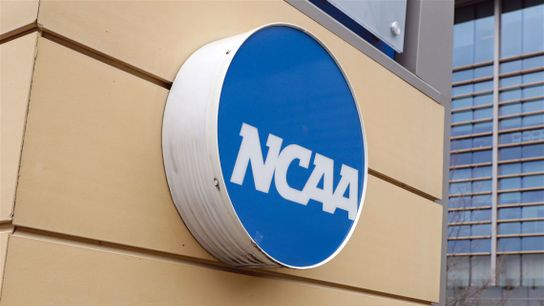The NCAA's top governing body, its Division I Board of Directors, adopted preliminary rules changes that would go into effect upon final passage of the House Settlement, the NCAA announced Monday afternoon.
Per the NCAA release, "More than 150 rules will be eliminated to allow for schools to provide additional benefits to student-athletes under the settlement, as a first step toward further implementation."
College coaches, general managers and additional personnel have told FootballScoop throughout the month of April that they hope to have more clarity on the House Settlement's resolution -- and what they say is its expected passage from Judge Claudia Wilken -- imminently, especially as the NCAA Transfer Portal Window ends Friday from its April 16-25 opening.
Most prominent in the rules to receive conditional approval -- considered a mere formality on the NCAA's part at this juncture -- is that "Moving forward ... NCAA rules will permit schools to provide direct financial payments to student-athletes, including for use of student-athlete's name, image and likeness. Schools have until June 15 to decide whether to opt in to provide benefits that would be permissible under the settlement for the coming academic year."
If House gets its formal approval and a school opts into the revenue-sharing agreement, it may then legally begin paying its players -- for this story's purpose, specific to college football -- beginning July 1.
Schools who opt in for the agreement can do so without being a maximum opt-in participant; the threshold for Year 1 is $20.5 million. Most if not all Power Conference schools, as well as Notre Dame, expect to designate up to $14-18 million for their football programs and distribute the remaining revenue selectively among additional sports at each school's choosing.
New rules the NCAA D-I Board approved also include the following:
"The creation of technology platforms for schools to monitor their payments to student-athletes and for student-athletes to report their third-party NIL agreements."
"Rules that address steps student-athletes can take if an NIL agreement is considered outside of the range of compensation (i.e., too much money based on the evaluation of that student-athlete's 'marketplace,') developed by the external, independent clearinghouse."
The NCAA also is imposing a rule that student-athletes must be full-time enrolled students to receive the new benefits and "be during their period of eligibility (the five-year clock)."
